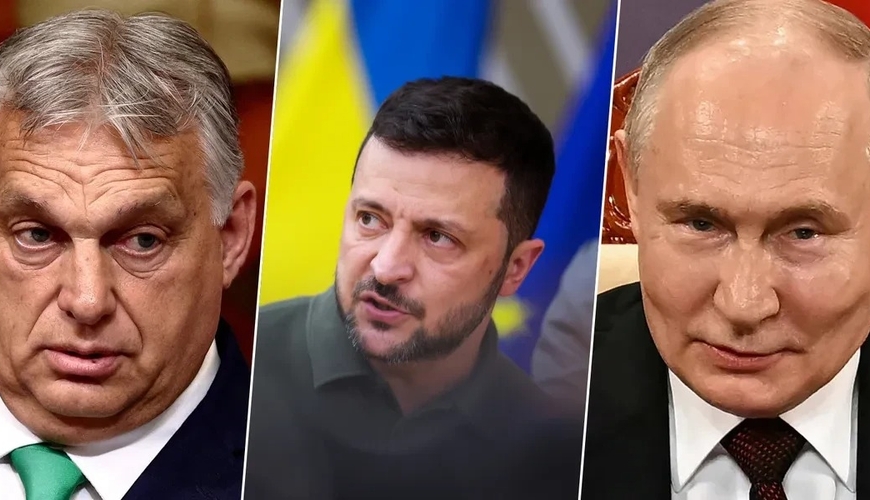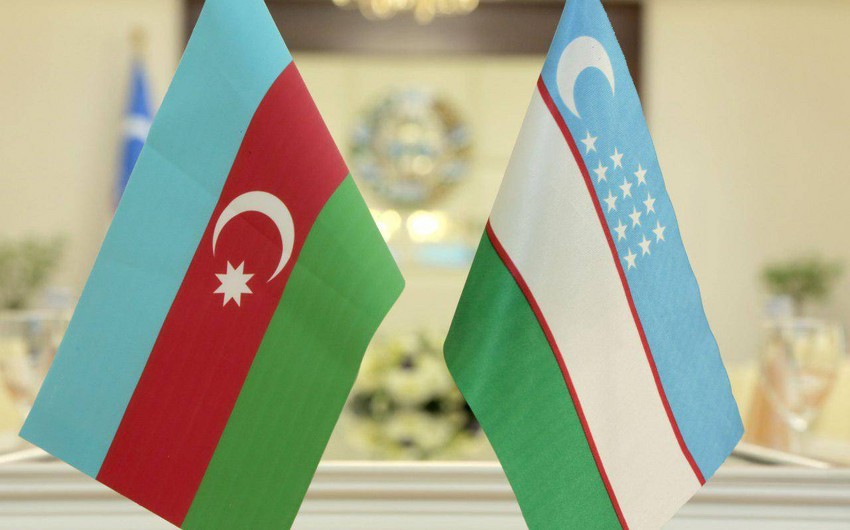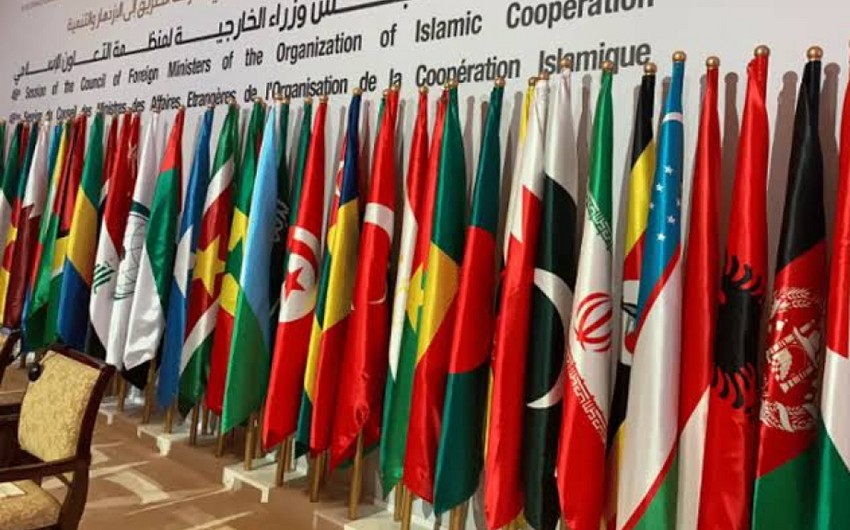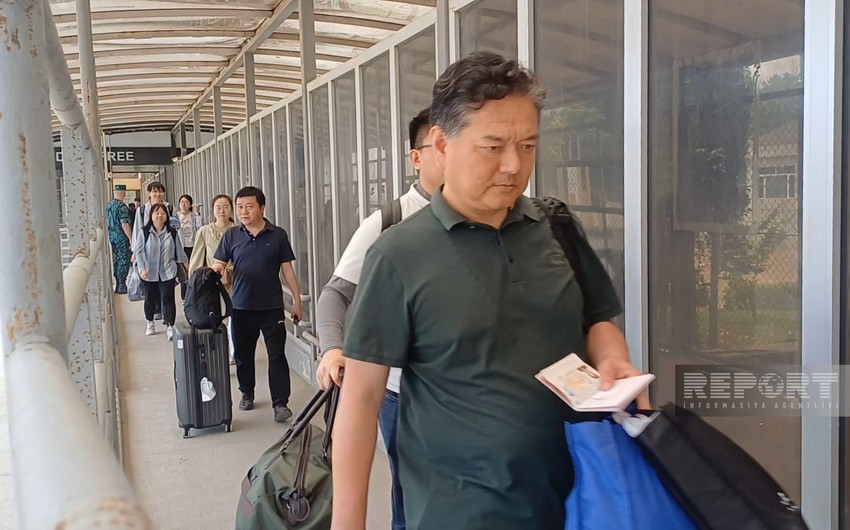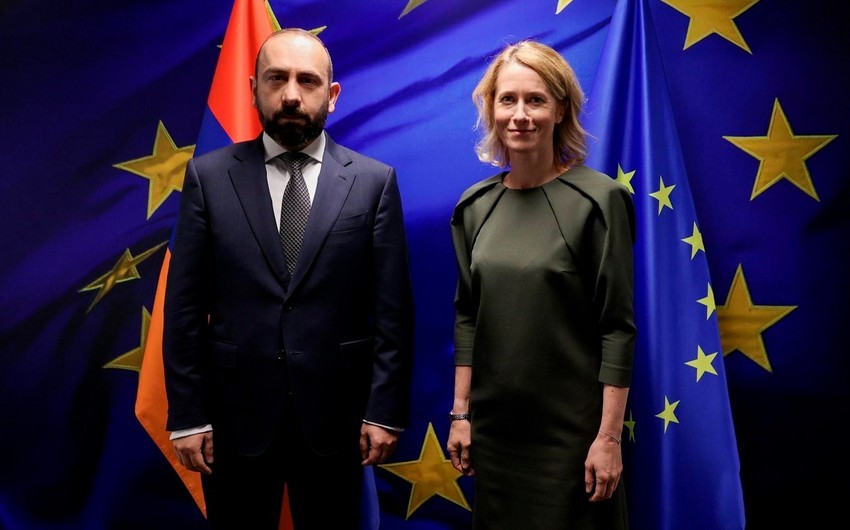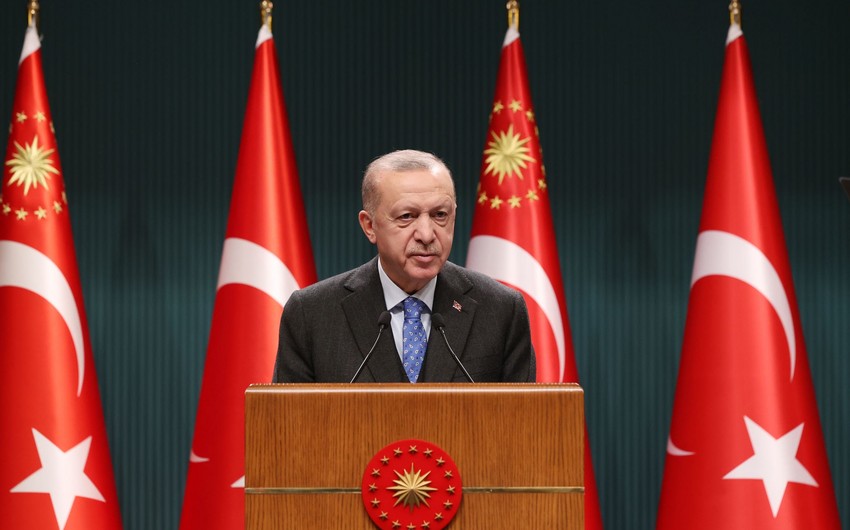Hungarian Prime Minister Viktor Orbán embarked on a whirlwind tour last week, making strategic visits to Beijing, Kyiv, and Moscow. These visits have sparked intense debate regarding their implications for European Union dynamics and global geopolitics. Orbán's journey began with a crucial business trip to Beijing, followed by meetings in Kyiv and Moscow. The discussions centered around pivotal issues such as China's increasing influence in Europe, prospects for resolving the Ukraine-Russia conflict, and the broader global order. Concurrently, Orbán also attended the Informal Summit of the Heads of State of the Organization of Turkic States in Shusha.
The prime minister's actions have raised significant questions about their potential impact. Can Orbán's visits to Kyiv, Moscow, and Beijing serve as a catalyst for resolving the Ukraine-Russia conflict? Do these maneuvers signify a divergence from traditional EU policies, reflecting Orbán's preference for a state-centric, multi-vector approach?
Critics within the EU, exemplified by European Commission Vice-President Josep Borrell's recent social media remarks, have expressed concern over Orbán's unilateral actions and their implications for EU unity.
Experts shared their opinions on the subject with Ednews.
According to Oleksandr Merezhko (Олександр Мережко), a member of the Verkhovna Rada of Ukraine, Orban's visits to Moscow and Beijing are a clear abuse of Hungary's EU presidency:

"Nobody authorized Orban to represent anyone other than himself and conduct any negotiations. This is a clear violation of ethics on his part, as well as a violation of the principle of non-interference in the internal and external affairs of another state. There is a simple and important principle - no decisions concerning Ukraine can be made without its participation. Orbán violated this principle. Apparently, with these trips, Orban is pursuing some of his own narrow political or economic interests that do not correspond to the interests of Ukraine and the interests of the world. In connection with Orban's trip, the issue of depriving Hungary of the right to chair the EU is being discussed."
MP said that peace does not depend on Orban's visits, but on providing Ukraine with the necessary weapons and sanctions against the Russian aggressor:
"In general, Orban is an opponent of liberal democracy and, on the contrary, a supporter of authoritarian regimes. His values are against European values. Therefore, the issue of Hungary's withdrawal from the EU and NATO is long overdue. Orban is an ally of Putin, so there is no question of his participation in a peace settlement. Peace depends not on Orban's visits, but on providing Ukraine with the necessary weapons and sanctions against the Russian aggressor."
Ankasam's International Relations Specialist Goktugh Chalishkan (Göktuğ Çalışkan), contrary to the Ukrainian MP, believes that Orban's visits to Kyiv, Moscow, and Beijing can potentially play an important role in resolving the Ukraine-Russia conflict:

"In his meeting with Ukrainian President Volodymyr Zelenskiy in Kyiv, he called for a cease-fire and offered to speed up peace talks. Open discussions were held with Vladimir Putin in Moscow about a cease-fire and peace talks. Orban's visit to Beijing was also important in terms of assessing China's role in the Ukraine-Russia conflict. These visits were Orban's corresponds to the multi-vector foreign policy approach and can be considered as an attempt to balance relations with both Europe and Russia".
He also stated that Orban's behavior by state interests and establishing relations with various power centers can be considered as a departure from the traditional EU foreign policy line:
"These visits of Orban can be evaluated as an indicator of diplomatic innovations in the European Union. Orban's behavior by state interests and establishing relations with various power centers can be evaluated as a departure from the EU's traditional foreign policy line. This situation will create a new diplomatic dynamic within the EU and it can bring a new perspective to foreign policy strategies. Especially in this period when Hungary assumes the presidency of the EU, Orban's action in line with multi-vector relations can add a new dimension to the EU policy course."
The expert pointed out that Orban's goal is to maximize the interests of his country by establishing balanced relations with both the West and the East, rather than reducing it.
Orbán's multi-vector foreign policy approach is known for acting with state interests at the fore. This approach differs from the more traditional and unilateral diplomacy of the European Union. Orbán aims to maximize his country's interests by establishing balanced relations with both the West and the East. This can be considered as a new and innovative diplomatic relationship within the EU. Orban's relations with various power centers can diversify the EU's foreign policy strategies and pave the way for new diplomatic initiatives.
Correspondent: Akbar Novruz

